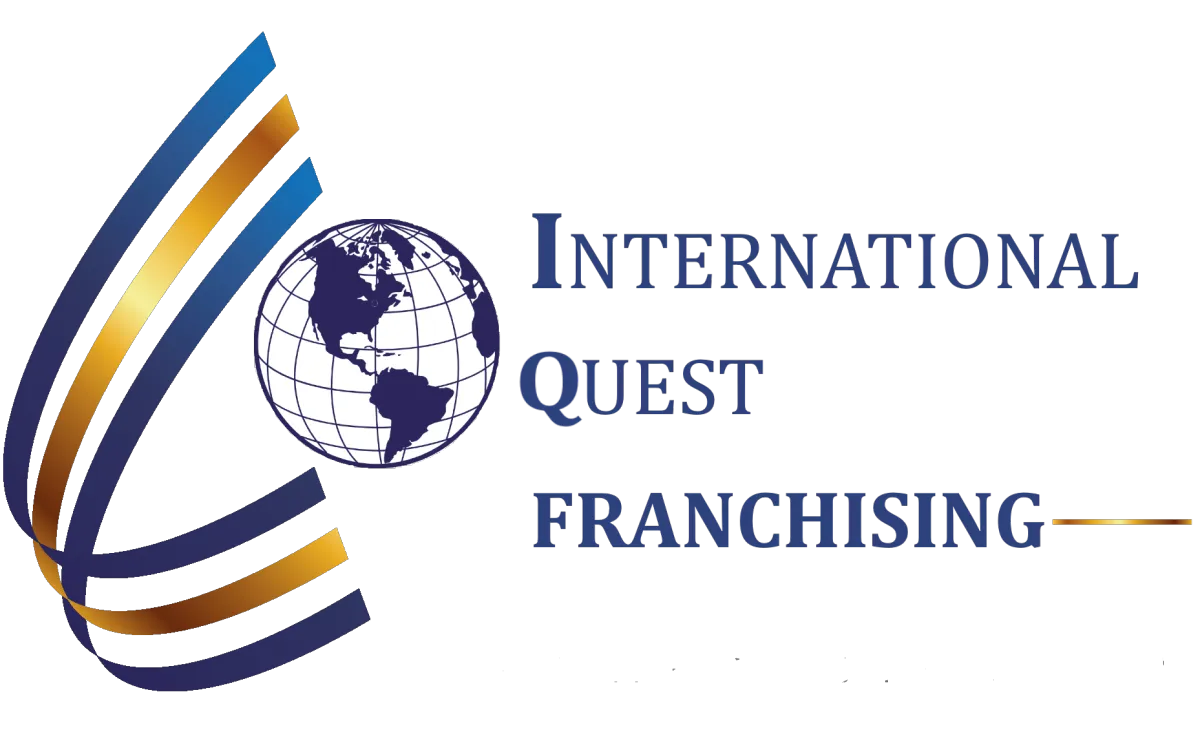
Franchise Conflict Resolution and Management
Understanding Franchise Conflict: Causes and Impacts
Conflict within a franchise system can arise from various sources. Financial disputes between franchisors and franchisees, operational disagreements regarding business practices, and even differing interpretations of franchise agreements are common triggers. These conflicts can greatly impact franchise operations and profitability, disrupting workflows and leading to financial losses. Moreover, communication breakdowns often exacerbate existing conflicts, turning minor disagreements into major issues.

Identifying and resolving conflicts early is crucial. Timely interventions prevent small issues from escalating, ensuring effective operations and improved franchisee satisfaction. Addressing conflicts proactively also helps maintain a positive working environment, fostering loyalty and trust between franchisors and franchisees.
Need Help? Use International Quest Franchising, LLC
IQ Franchising helps businesses grow and expand through franchising by working closely with clients to build strong, successful franchise systems. We start by understanding your business, then develop a strategic plan that addresses challenges and maximizes profits. Our expertise in project management and operational efficiency, like Lean & Six Sigma, ensures your franchise system is both effective and sustainable. With our support, your business can thrive, and franchisees can make a positive impact in their communities. Let us help you achieve success and reach your franchising goals. To learn more, Visit. (916) 774-7142
Preventative Measures to Minimize Franchise Conflict
A well-drafted franchise agreement is the cornerstone of a conflict-free franchise operation. Clear and comprehensive agreements outline expectations, roles, and responsibilities, leaving little room for ambiguity. Regular communication channels, such as scheduled meetings and updates, keep both franchisors and franchisees on the same page, reducing the potential for misunderstandings.
Providing thorough training and support ensures that franchisees fully understand business operations and can effectively run the franchise. This reduces the likelihood of operational disputes. Fostering a collaborative culture that emphasizes mutual respect and shared goals also helps minimize conflicts. When all parties work towards common objectives, conflicts become less frequent and easier to resolve.
Effective Communication Strategies for Conflict Resolution
Active listening is key to resolving disputes. Understanding the concerns and perspectives of all parties involved allows for more effective problem-solving. Empathy, in particular, can help de-escalate tension and foster a more cooperative atmosphere. Techniques for clear and constructive communication, such as using "I" statements and providing specific feedback, also play a critical role.
Regular meetings and feedback sessions encourage open dialogue, providing a platform for discussing issues before they turn into conflicts. Transparency, another crucial element, builds trust and reduces misunderstandings. When franchisors and franchisees feel they can openly share their thoughts and concerns, conflicts are less likely to arise.
Implementing Structured Conflict Resolution Processes
A formal conflict resolution policy is essential for systematically addressing disputes. Having a clear, step-by-step procedure ensures that conflicts are handled consistently and fairly. This could involve initial informal discussions, followed by more structured approaches if the issue persists. Mediation and arbitration are valuable alternative dispute resolution methods, offering neutral ground where both parties can find a mutually acceptable solution without resorting to litigation.
Documenting and tracking conflict resolution efforts is also important. Proper documentation not only provides a record of the issue and resolution but also helps identify recurring problems and patterns that can be addressed proactively. This systematic approach ensures that conflicts do not disrupt the overall franchise operation.
The Role of Third-Party Professionals in Conflict Resolution
In some cases, involving a neutral third-party mediator or consultant can be highly advantageous. Third-party professionals bring objectivity and specialized expertise, helping to navigate complex conflicts. Their neutrality ensures that both franchisors and franchisees feel heard and fairly treated. Third-party intervention is particularly beneficial in scenarios where internal efforts have failed, or the conflict has escalated significantly.
Selecting the right conflict resolution professional is crucial. Look for individuals with experience in franchise operations and a proven track record in mediating similar disputes. Success stories and case studies can provide valuable insights into the effectiveness of third-party conflict resolution, showcasing how professional intervention has resolved complex issues and restored harmony within franchise systems.
Building Long-term Relationships and Trust
Maintaining strong relationships between franchisors and franchisees is vital for long-term success. Building trust through consistent, respectful interactions sets the foundation for a collaborative partnership. Regular communication, recognition of franchisee achievements, and support during challenging times help foster ongoing trust and cooperation.
Continuous improvement and conflict prevention strategies are also important. Encourage feedback from franchisees, conduct regular training sessions, and stay open to innovations that enhance franchise operations. A positive, collaborative environment benefits both franchisors and franchisees, ensuring long-term success and growth for the franchise system.
International Quest Franchising, LLC
Business Address: 3017 Douglas Blvd. Ste. 300
City: Roseville
State: CA
Zip: 95661
Phone: (916) 774-7142

